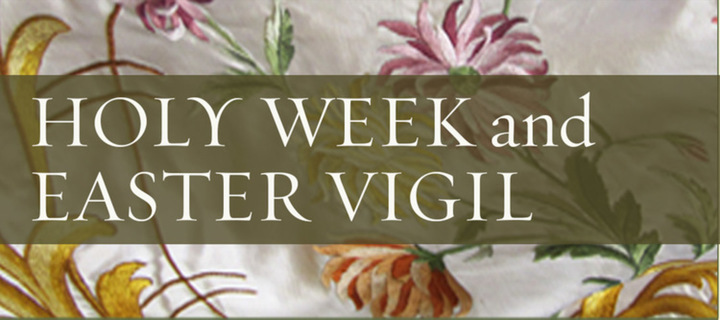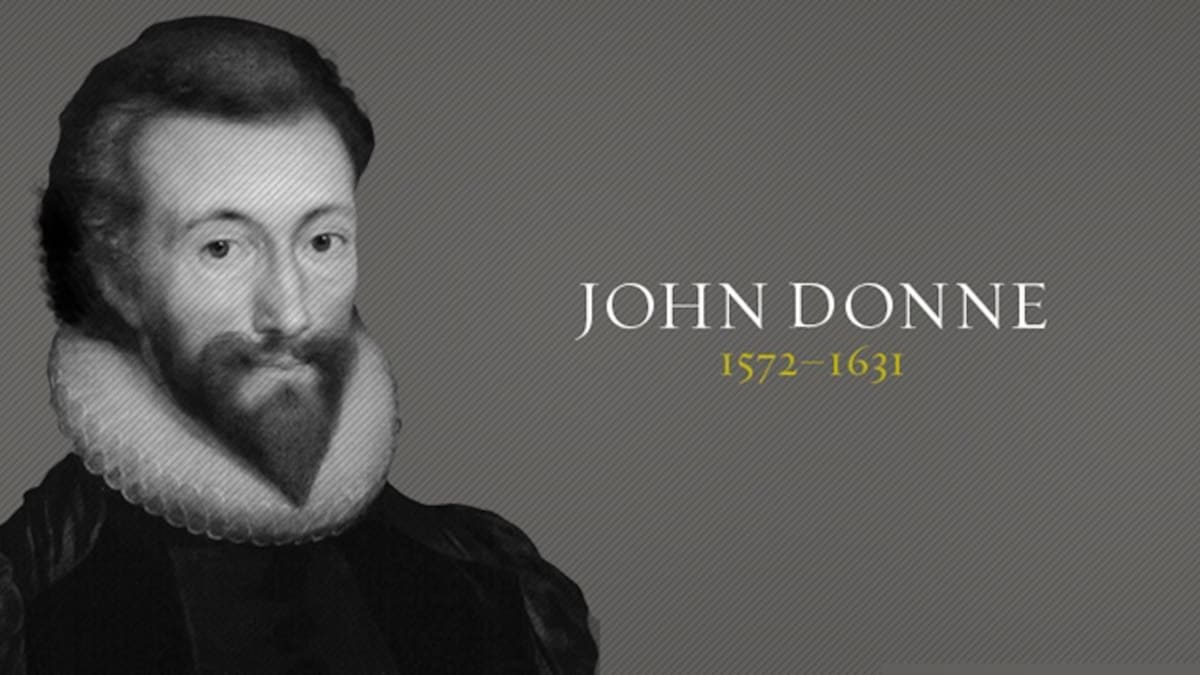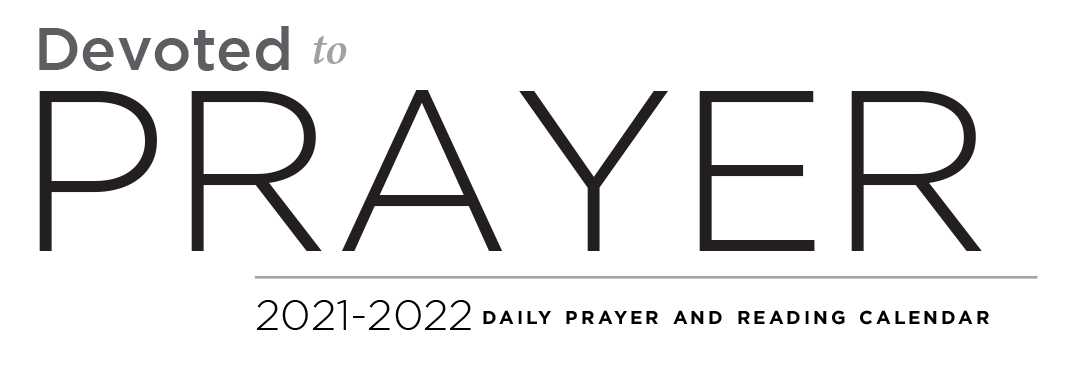
12:27 “Now is my soul troubled. And what shall I say? ‘Father, save me from this hour’? But for this purpose, I have come to this hour. 28 Father, glorify your name.” Then a voice came from heaven: “I have glorified it, and I will glorify it again.” 29 The crowd that stood there and heard it said that it had thundered. Others said, “An angel has spoken to him.” 30 Jesus answered, “This voice has come for your sake, not mine. 31 Now is the judgment of this world; now will the ruler of this world be cast out. 32 And I, when I am lifted up from the earth, will draw all people to myself.” 33 He said this to show by what kind of death he was going to die.
– John 12:27-33
What is it about the death of Jesus that continues to attract people two thousand years later? What is it about His life and ministry and death on a cross that continues to draw people’s attention today?
There is nothing inherently attractive about the cross. In Jesus’ day, it was an instrument of torture. It was a death penalty designed to send a clear message to the surrounding world that Rome was in control. Stay in line or the next one to die could be you. And so, they did, and so it was, and so there was no attraction to the cross.
The apostle Paul speaks of the cross as “a stumbling block.” He said it was “foolishness” to the outside world. He said it would cause people to trip up and to stumble and to fall. And it did. And it still does. There is something about the cross that repels more than attracts.
Paul also said, “But we preach Christ crucified, a stumbling block to Jews and foolishness to the Gentile world … but to those who are called and who are being saved, it is the power and the wisdom of God. And so, I decided,” he said, “to preach nothing among you, except Jesus Christ and Him crucified.”
The cross, on its own, has no attraction. There is nothing about a cross, by itself, that draws people at all. But when Jesus is on the cross, it does. When there is a deeper meaning and a life-giving purpose, then it will.
So, it was when God’s only Son was lifted to the cross on Calvary. The deeper meaning became real. The life-giving purpose was offered to us. Our sins were forgiven. Our broken relationship with God was restored. The promise of life eternal was made real for us in Christ.
“I, when I am lifted up from the earth, will draw all people to myself.” And so, the cross continues to attract. And so, you and I continue to have life.
Prayer: Lord God, we praise You for the attraction You have given in the cross and for Your willingness to allow Your only Son to die that we might have life in Him. Amen.
Lenten Response: Make a list of the promises that are yours because of the death of Jesus on the cross, and then thank Him for attracting and drawing you to faith.
Devotion written by the Rev. Daniel Selbo
Morning Psalms
Evening Psalms
John Donne, Priest, 1631 (March 31)

About the Commemoration
John Donne (his surname rhymes with “sun”) was born in London in 1572, the son of a prosperous ironmonger of an old Roman Catholic family at a time when anti-Catholic feeling was at its height. His father died in 1576. From 1584 to 1594 Donne studied at Oxford, Cambridge, and the Inns of Court where barristers received their training, and before 1596 traveled in France, Spain, and Italy. During these years, his adherence to the Roman Catholic Church seems to have weakened, and he began to study the claims of the churches of the Reformation. He probably became an Anglican by the end of the century.
With Raleigh and Essex he took part in hit-and-run naval expeditions to Cadiz in 1596 and to the Azores in 1597. In 1598 he became secretary to Sir Thomas Egerton and seemingly was set for a career in public service. He entered Elizabeth’s last Parliament in 1601. He secretly married the sixteen-year-old niece of Egerton, Anne More. Furious at this breach of convention, Anne’s father had Donne dismissed and imprisoned on the charge of marrying a minor without parental consent. His career ruined and his money gone (“John Donne, Anne Donne, Undone,” he wrote), they were forced to live on the generosity of friends. He studied canon and civil law and traveled on the continent again. Although his circle of influential friends grew, he was unable to secure state employment. It was a time of debt, illness, frustration, and inner conflict.
In 1610 Donne contributed to a controversy between the Church of England and the Jesuits, urging English Roman Catholics to take the oath of allegiance to the crown. Donne still had secular hopes and won the king’s favor, but after another trip to the continent with Sir Robert and Lady Drury, his hopes of civil employment were again dashed. In 1614 Donne entered Parliament, but within two months the king dissolved Parliament. Donne made one more application for state employment, but the king refused the petition, indicating that he wanted Donne to enter the Church. Donne was ordained priest in 1615.
He was appointed royal chaplain and was entrusted with diplomatic correspondence on a mission to Germany. His fame as a preacher grew, for the pulpit seemed to release anew the creative energies that earlier had found expression in his poetry. In 1621 he was considered the most renowned preacher of the time and was appointed Dean of St. Paul’s Cathedral in London.
A serious illness in 1623, from which he nearly died, was the occasion for the composition of his Devotions Upon Emergent Occasions. He was able to return to a strenuous life of preaching, administration, and pastoral care. But in 1630 he was sick again, and on the first Friday in Lent, 1631, he preached what he knew was to be his last sermon, his funeral sermon. In March he had an artist sketch him in his shroud for his contemplation in his last days and for a design for his funeral monument. He died March 31, 1631, and was buried in his church with a marble monument that survived the fire of 1666 and the bombing of 1941.
Donne’s poetry is divided into the secular poems, with their passion and intellectual writ, an intensity and excitement unrivaled in English poetry; and his divine (that is, religious) poetry, much of which was composed before he took orders. In his poetry he is constantly preoccupied with the interrelationship of the spiritual and the physical, presenting amorous experience in religious terms and presenting devotional experiences in erotic terms. His religious prose, written after his ordination, shows the richness of his mind. In poetry and prose he revealed an ability forcefully to touch the truth of experience with directness and honesty and give to the dim intuition of his readers and his hearers a universal voice. He distinguished himself not so much as a theologian but as a preacher.
In 1963 Donne’s name, which had not previously appeared on any calendar, was proposed for inclusion on the calendar of the Episcopal Church and is listed in the present American Book of Common Prayer, the Church of England Christian Year (1997), the Lutheran Book of Worship, Evangelical Lutheran Worship, and the Methodist calendar in For All the Saints.
Excerpts from New Book of Festivals & Commemorations: A Proposed Common Calendar of Saints by Philip H. Pfatteicher, copyright, 2008 by Fortress Press, an imprint of Augsburg Fortress.
See also: John Donne
Reading
From John Donne, Devotions Upon Emergent Occasions
Nunc lento sonitu dicunt, Morieris.
Now, this bell tolling softly for another, says to me, Thou must die.
Perchance he for whom this bell tolls may be so ill as that he knows not it tolls for him; and perchance I may think myself so much better than I am, as that they who are about me and see my state may have caused it to toll for me, and I know not that. The Church is Catholic, Universal, so are all her actions; all that she does, belongs to all. When she baptizes a child, that action concerns me; for that child is thereby connected to that Head which is my Head too, and engrafted into that body of which I am a member. And when she buries a man, that action concerns me: all mankind is of one author and is one volume; when one man dies, one chapter is not tom out of the book but translated into a better language; and every chapter must be so translated; God employs several translators; some pieces are translated by age, some by sickness, some by war, some by justice; but God’s hand is in every translation; and his hand shall bind up all our scattered leaves again, for that library where every book shall lie open to one another: as therefore the bell that rings for a sermon calls not upon the preacher only, but upon the congregation to come; so this bell calls us all: but how much more me, who am brought so near the door by this sickness.
There was a contention as far as a suit (in which both piety and dignity, religion and estimation were mingled) which of the religious orders should ring to prayers first in the morning; and it was determined that they should ring first that rose earliest. If we understand aright the dignity of this bell that tolls for our evening prayer, we would be glad to make it ours, by rising early in that application that it might be ours as well as his, whose indeed it is. The bell doth toll for him who thinks it doth; and though it intermit again, yet from that minute that that occasion wrought upon him, he is united to God. Who casts not up his eye to the sun when it rises? But who takes off his eye from a comet when that breaks out? Who bends not his ear to any bell, which upon any occasion rings? But who can remove it from that bell which is passing a piece of himself out of this world?
No man is an island, entire of itself, every man is a piece of the continent, a part of the main; if a clod be washed away by the sea, Europe is the less, as well as if a promontory were, as if a manor of thy friends or of thine own were; any man’s death diminishes me, because I am involved in mankind; and therefore never send to know for whom the bell tolls; it tolls for thee. Neither can we call this a begging of misery or a borrowing of misery, as though we were not miserable enough of ourselves but must fetch in more from the next house in taking upon us the misery of our neighbors. Truly it were an excusable covetousness if we did; for affliction is a treasure and scarce any man hath enough of it.
No man hath affliction enough that is not matured and ripened by it, and made fit for God by that affliction. If a man carry treasure in bullion or in a wedge of gold and have none coined into current monies, his treasure will not defray him as he travels. Tribulation is a treasure in the nature of it, but it is not current money in the use of it except we get nearer and nearer our home, heaven, by it. Another man may be sick too, and sick to death, and this affliction may lie in his bowels, as gold in a mine, and be of no use to him; but this bell that tells me of his affliction digs out and applies that gold to me; if by this consideration of another’s danger I take my own into contemplation and so secure myself by making recourse to my God, who is our only security.
John Donne, Devotions Upon Emergent Occasions [1624], XVII Meditation.
Propers
O eternal and most gracious God, you permitted darkness to be before light in the creation, and yet in the making of light so multiplied it that it enlightened even the night: Grant that by your light we may see that no sickness, no temptation, no sin, no guilt can remove us from the determined and good purpose which you have revealed in your Son and sealed by your Holy Spirit; who live and reign with you, one God, forever and ever.
PHP, from prayers by Donne, Devotions XIV and VII
Readings: Wisdom 7:24—8:1; Psalm 27:5-11 or 16:5-11; John 5:19-24
Hymn of the Day: “Wilt thou forgive that sin where I begun” (H82 140, 141) (by John Donne); “O Lord, send forth your Spirit” (LBW 392)
Prayers: For those who preach the gospel; For poets and writers; For an awareness of the shortness of life.
Preface: Epiphany (BCP)
Color: White

This daily prayer and Bible reading guide, Devoted to Prayer (based on Acts 2:42), was conceived and prepared by the Rev. Andrew S. Ames Fuller, director of communications for the North American Lutheran Church (NALC). After a challenging year in the midst of the COVID-19 pandemic, we have been provided with a unique opportunity to revitalize the ancient practice of daily prayer and Scripture reading in our homes. While the Reading the Word of God three-year lectionary provided a much-needed and refreshing calendar for our congregations to engage in Scripture reading, this calendar includes a missing component of daily devotion: prayer. This guide is to provide the average layperson and pastor with the simple tools for sorting through the busyness of their lives and reclaiming an act of daily discipleship with their Lord. The daily readings follow the Lutheran Book of Worship two-year daily lectionary, which reflect the church calendar closely. The commemorations are adapted from Philip H. Pfatteicher’s New Book of Festivals and Commemorations, a proposed common calendar of the saints that builds from the Lutheran Book of Worship, but includes saints from many of those churches in ecumenical conversation with the NALC. The introductory portion is adapted from Christ Church (Plano)’s Pray Daily. Our hope is that this calendar and guide will provide new life for congregations learning and re-learning to pray in the midst of a difficult and changing world.
